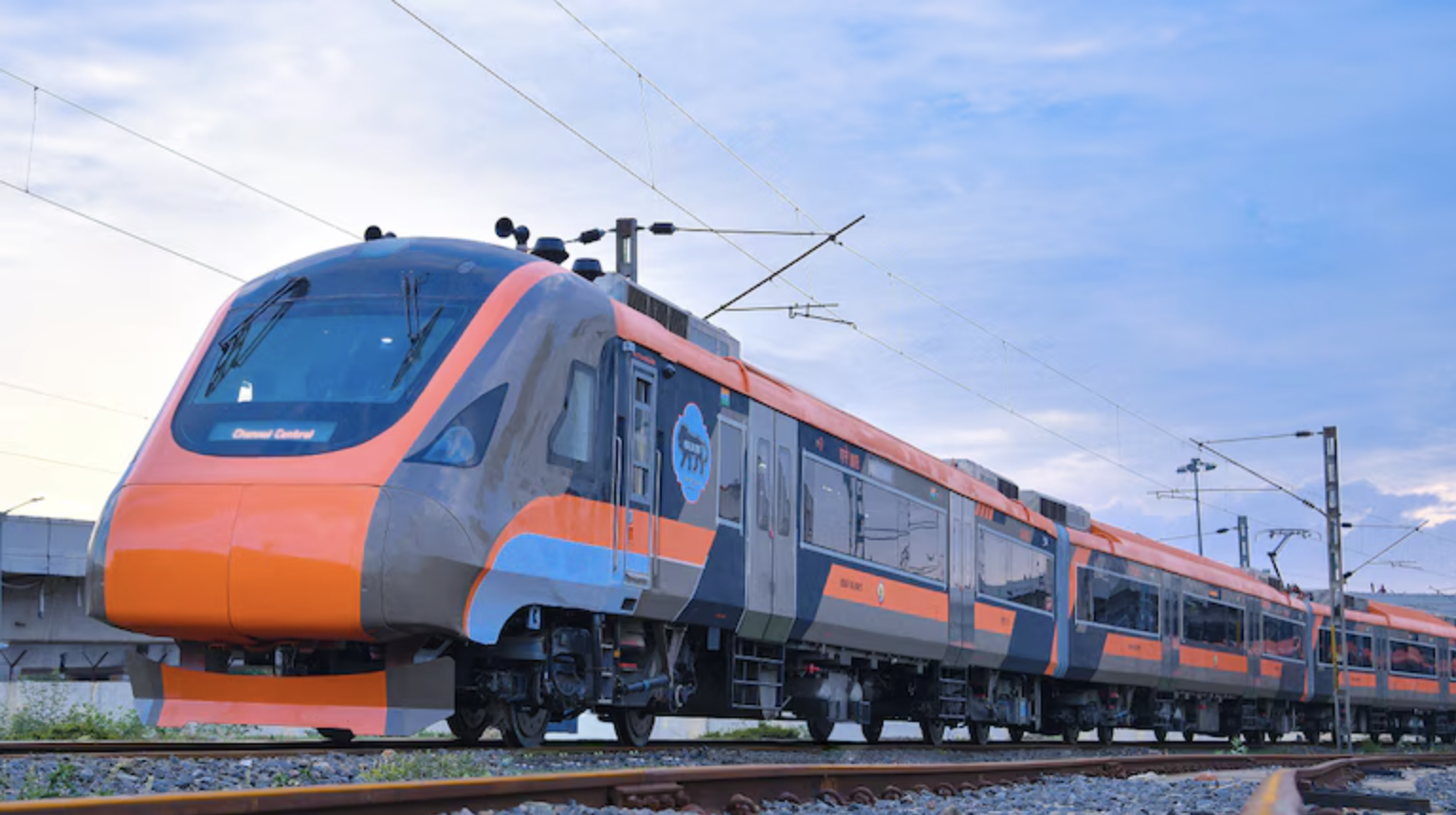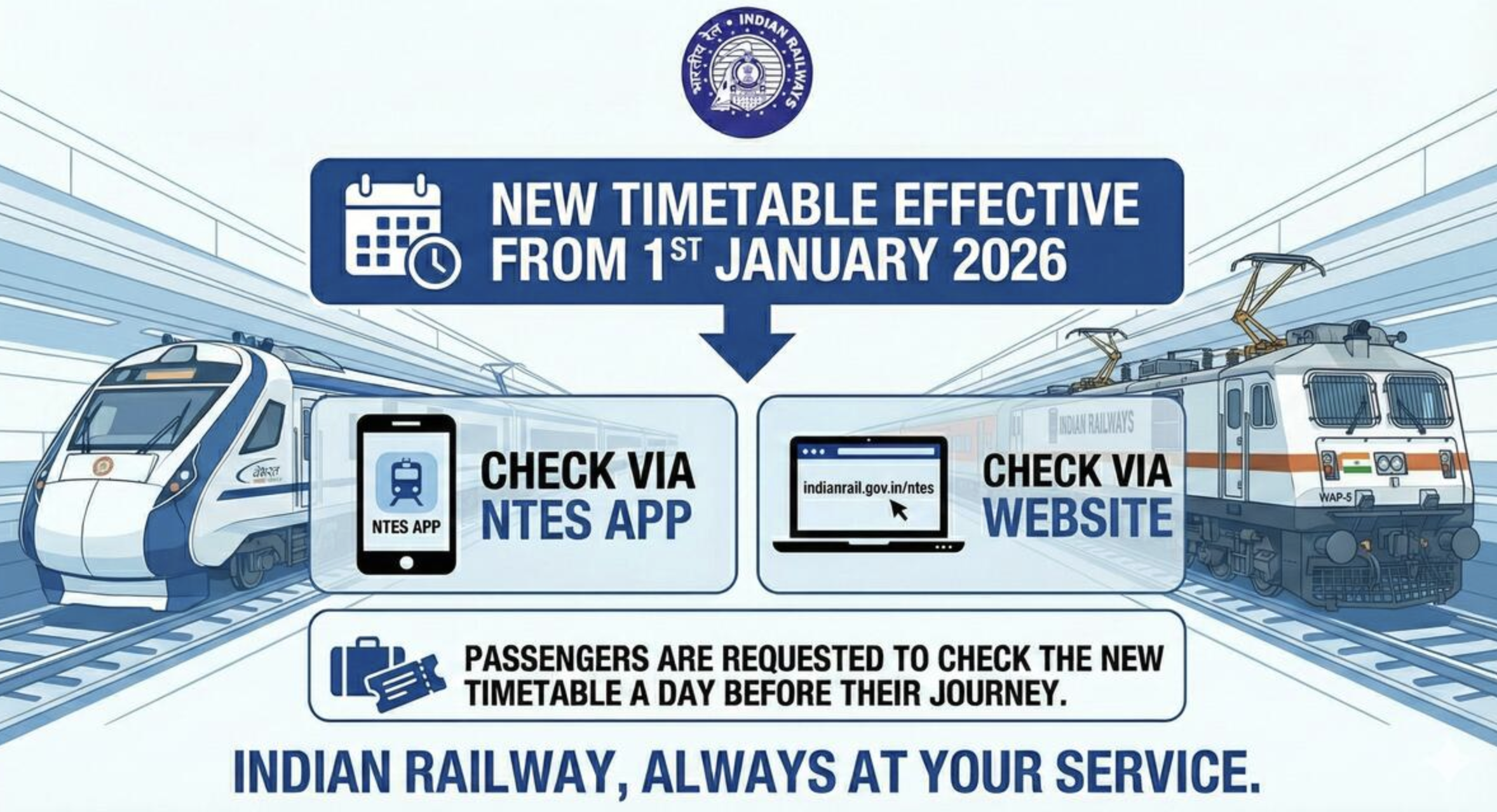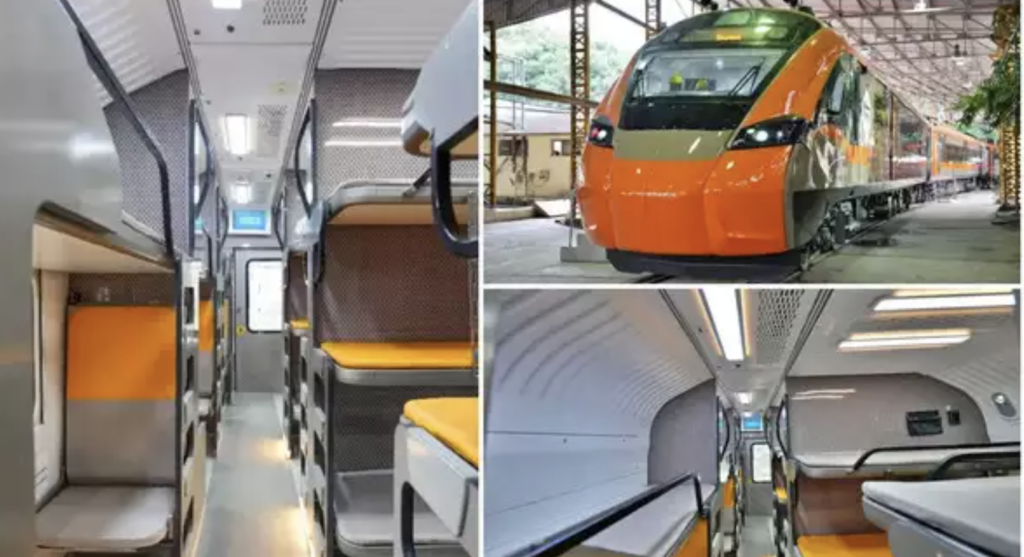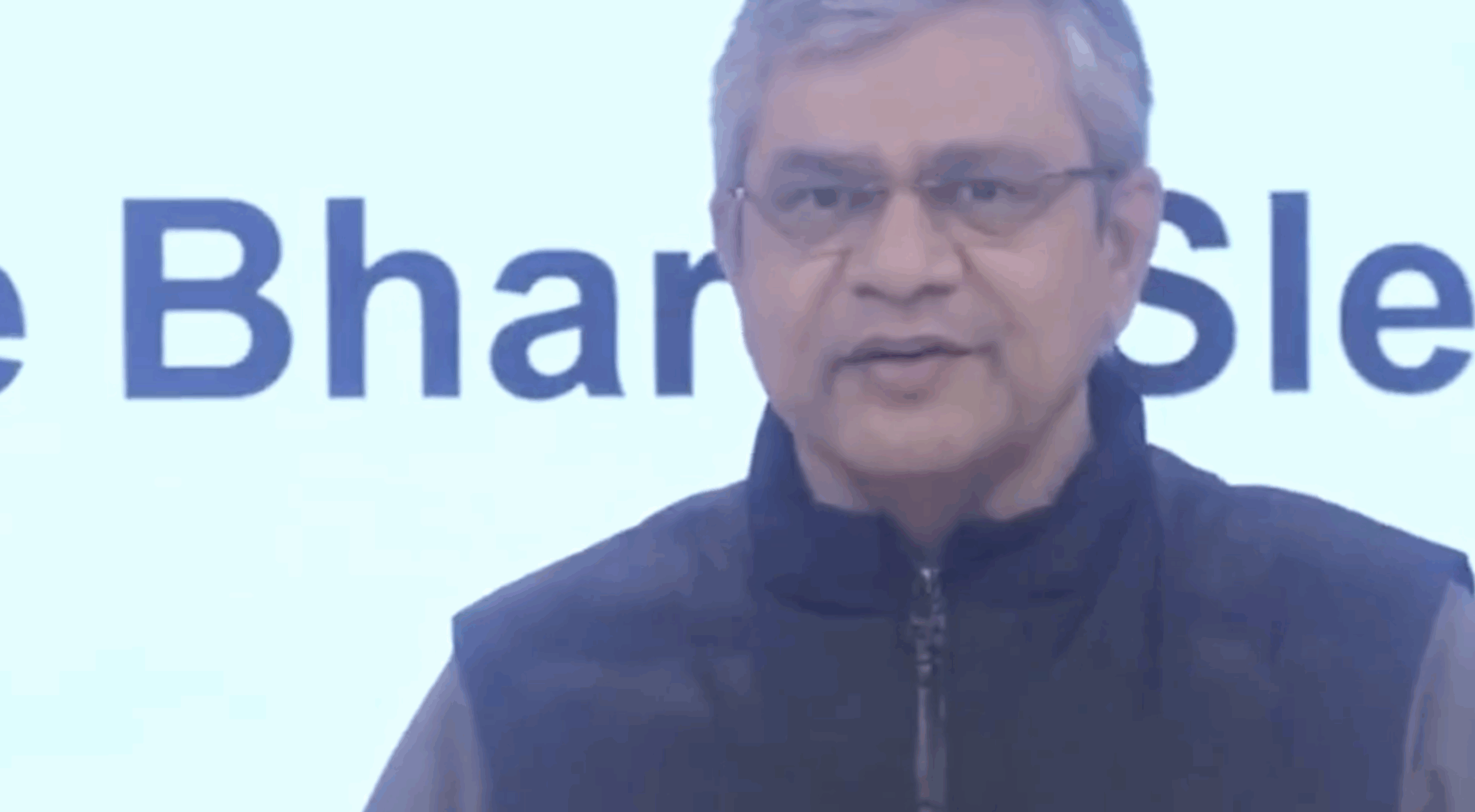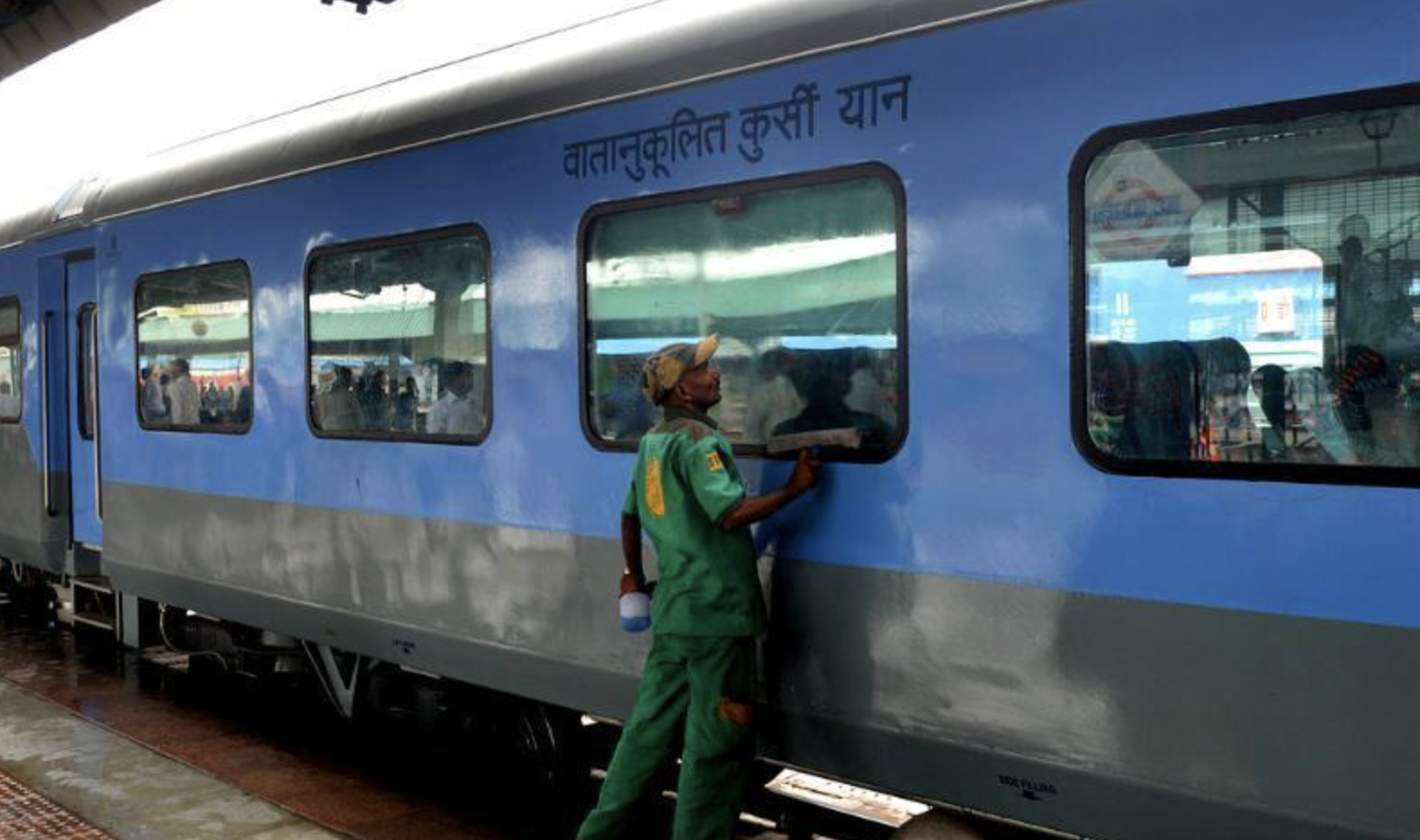Indian Railways is taking a significant step forward in enhancing train safety by expanding its indigenous automatic train protection system, Kavach. With tenders worth over ₹2,200 crore floated recently, this initiative aims to cover nearly 7,228 route kilometers (rkm) across multiple states, including West Bengal, Tamil Nadu, Chhattisgarh, Karnataka, Kerala, and Uttar Pradesh. This massive undertaking is part of a broader plan to modernize and secure India’s vast railway network.

Key Components of Kavach
Kavach, also known as the Train Collision Avoidance System (TCAS), is designed to prevent accidents by using advanced technology. The system has several critical components:
- Radio Frequency Identification (RFID) Technology: Integrated into the railway tracks and wireless devices, RFID plays a crucial role in identifying the position of trains.
- RFID Readers: Installed in the locomotive’s driver’s cabin, these readers interact with the RFID tags on the tracks to monitor train movement.
- Radio Infrastructure: This includes towers and modems placed at railway stations to facilitate real-time communication between trains and the control center.
- Cabin Instrument Panels: These panels provide the train pilot with vital information, such as signal aspects and speed limits, enhancing safety, especially in adverse weather conditions.
Tenders and Installation Plans
The tenders, valued between ₹100 crore and ₹340 crore, include contracts for system integrators and the installation of essential components like towers, optical fibers, and dashboards. The deadline for these tenders ranges from September to November 2024, indicating the urgency and scale of this project.
Ongoing and Future Projects
Currently, work is already underway to install Kavach across 3,000 rkm, with plans to extend this coverage significantly. By the end of the year, Indian Railways aims to have floated tenders for up to 9,000 rkm of Kavach installation. The project also includes the installation of Kavach on 10,000 locomotives, further solidifying its commitment to safety.
Conclusion
Kavach represents a critical advancement in Indian Railways’ efforts to ensure safer and more efficient train operations. With substantial investment and an ambitious rollout plan, this system is set to play a vital role in the future of Indian rail travel, minimizing the risks of collisions and enhancing operational safety across the nation.
